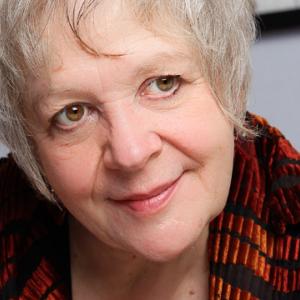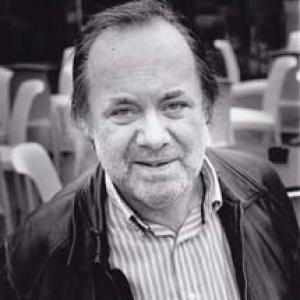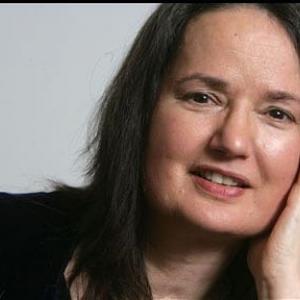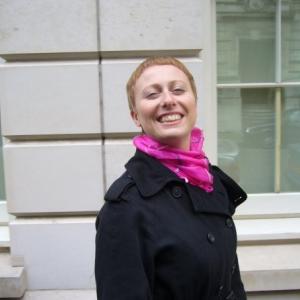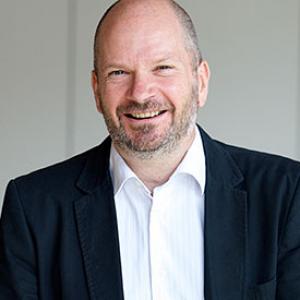The winners of 2018’s Keats Shelley Prize were announced by this year’s Prize Chair Liz Lochhead at the annual Keats-Shelley Awards Ceremony held on 23rd May at the Society of Antiquaries at Burlington House in central London. This year’s theme of ‘Liberty’ was chosen to mark the bicentenary of PB Shelley’s Prometheus Unbound (1820), the four-act lyrical drama, in which the heroic Prometheus strikes a blow for human freedom against the power of the gods.
The Awards Ceremony was was introduced by readings from the Young Romantics by actors Jonny Taylor and Polly Edsell, both of whom recently starred in ‘Rebel Angel’ by Angus Graham-Campbell, the critically acclaimed play about John Keats’ time as a medical student. Graham-Campbell compiled the readings, Fanfare to Liberty, from words by William Blake, Mary Shelley, Percy Shelley, John Keats and Dorothy Wordsworth and more.
2018’s Keats-Shelley and Young Romantics Prizes attracted a record number of entries from around the world. With winners from the USA, Ireland and England, this year’s theme of ‘liberty’ clearly inspired global creativity, especially in the Young Romantics 16-18 category where 2018 entries were up 50% over last year.
The panel of judges include the celebrated poets Matthew Sweeney and Jo Shapcott, and Professors Simon Bainbridge and Sharon Ruston. For further information about our Judges: click here.
For a full report on the Awards Ceremony, click here.
Read about 2018’s Young Romantics Prize here.
